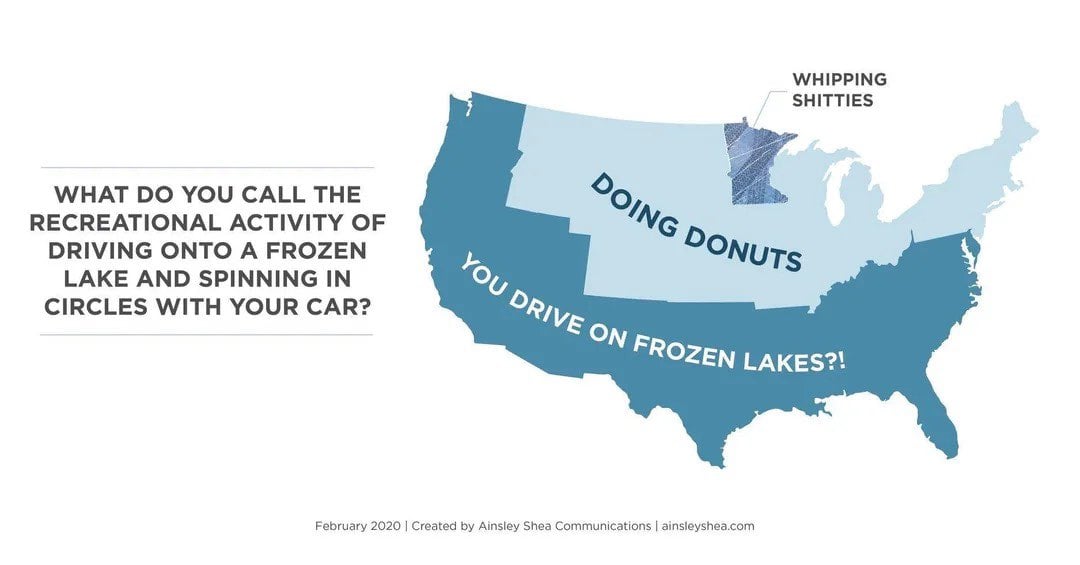In 1962, not long after President John Kennedy created USAID, the federal agency tasked with administering foreign assistance, he welcomed its first mission directors to the White House. He noted the difficult politics of sustaining foreign assistance but called it essential to America’s role as leader of the free world. “There will not be farewell parades to you as you leave,” he said of their imminent deployments, “or parades when you come back.” The reward was the work itself and the larger cause of freedom it served.
A nation’s foreign policy is a good window into its psyche. The America that created USAID had an expansive view of itself in the world: defending freedom, buttressing international institutions, waging battles for the hearts and minds of peoples across the world — an effort that dovetailed with the civil rights movement at home. The America that is cannibalizing USAID has a very different sense of its place in the world: threatening conquest of smaller nations, withdrawing from international institutions, casually proposing ethnic cleansing in Gaza — a worldview that complements the mass deportations and erasure of diversity programs at home. A nation growing smaller in size and self-conception.
President Donald Trump, of course, ran for re-election promising to transform America’s place in the world. After the grinding conflicts in Iraq and Afghanistan, he vowed to discipline the national security elites who refused to learn from forever wars. After decades of complaints that our trading partners benefited more than we did from globalization, he pledged to use older tools of statecraft such as tariffs to leverage better deals. After parts of the federal work force resisted his agenda in his first term, he sought to fill it with loyalists who would serve him and his movement. In a chaotic world full of transactional strongmen, Americans would have their own.
Many Americans, myself included, support overhauling the sclerotic national security consensus that has governed our policies since Sept. 11, 2001. Yet it would be wrong to dismiss Trump’s dizzying array of pronouncements and executive actions on foreign policy as simply the fulfillment of his campaign promises. He did not run on the dismantling of USAID, the conquest of Greenland or the occupation of Gaza. Rather than showing strength, his foreign policy betrays a loss of American self-confidence and self-respect, eliminating any pretense that the United States stands for the things it has claimed to support since fighting two world wars: freedom, self-determination and collective security.
In many ways, Trump cuts a more familiar picture from history: an aging strongman musing about territorial expansion to consolidate power and cement his legacy. At best, this kind of foreign policy will help shape an international order reformed in opposition to American excess; at worst, it could accelerate a global trend toward disorder and great-power conflict.
Consider what the rest of the world has seen these past few weeks. Trump is the first president in my lifetime to enter office pledging to “expand our territory.” He has insisted the United States take back the Panama Canal and seize Greenland, despite repeated objections from the governments and people of those countries. It’s possible this is posturing to open negotiations, albeit for things that aren’t top of mind for most Americans: reducing fees for U.S. vessels transiting the Panama Canal or obtaining more access to resources and military bases in Greenland. It’s also possible Trump means what he says about territorial expansion.
In any case, Trump’s targets do not suggest strength. Picking on Panama and Greenland or threatening trade wars with Canada and Mexico has the feel of a schoolyard bully looking for someone smaller to push around. While these fights may offer immediate political wins, the world does not live and die by the rhythms of American news cycles or the alternative reality of Fox News and OANN. It looks at us from the outside in and sees a president ignoring state sovereignty, which has been the cornerstone of global stability since the World Wars — and doing so at a time when Vladimir Putin is trying to subsume parts of Ukraine, Xi Jinping is committed to asserting control over Taiwan, and some Israeli politicians are pushing for annexation of Gaza and the West Bank, all under the guise of national security. If the United States exempts itself from the rules, why will other nations follow them?
This is one reason Trump’s suggestion that the United States take ownership of Gaza and turn it into the Middle East’s Riviera was so jarring. Like many things Trump proposes, it is unlikely to happen (again, hardly a show of strength). But it further legitimizes the idea that two million Palestinians in Gaza should abandon land they do not want to leave and ignores the fact that neighboring Arab states like Egypt and Jordan would be destabilized by complicity in ethnic cleansing. Moreover, it implicitly endorses a view of foreign policy that strips less powerful nations and peoples of any right to determine their own fate. Bezalel Smotrich, Israel’s far-right finance minister, seized on this new reality: “Now,” he said after Trump’s remarks, “we will work to completely bury the dangerous idea of a Palestinian state.”
If Trump were concerned about the plight of Gazans, he would not be destroying the U.S. agency responsible for helping them rebuild. Already, the global freeze on foreign assistance and suspension of much of USAID’s work force renders the agency incapable of supporting the tenuous cease-fire in Gaza with humanitarian assistance, never mind the more arduous tasks of clearing rubble, defusing unexploded bombs and providing shelter to hundreds of thousands of civilians who have lost their homes.
Unlike Trump’s pronouncements on Gaza and Greenland, the Elon Musk-supervised shuttering of USAID is something that is already happening, with tangible consequences not only for the people around the world who depend on the agency but also for Americans who expect their government to prevent the spread of terrorism, disease and the global influence of the Chinese Communist Party. Stripped of USAID funding, struggling under the weight of tariffs, nations including U.S. allies may now look to China as a more predictable source of trade and investment. This dynamic reflects the ways in which power in this country ripples out beyond our borders. When the richest man in the world can so easily undermine our place on the global stage, it is, quite simply, a harbinger of decline: a sign of a corrupted superpower so brittle that its sources of influence can be taken apart from within.
“The people who are opposed to aid should realize that this is a very powerful source of strength for us,” President Kennedy told those USAID personnel in 1962. “As we do not want to send American troops to a great many areas where freedom may be under attack, we send you.” In those days, America was a newly minted superpower, its rising status manifested in the youth of its president and his vision of a “new frontier.” That mind-set led to its own hubris and excess, but it offered people around the world an extended hand. That was something in which Americans could take pride.
Today we are a declining superpower grasping for lost status. The blend of grievance, nationalism and libertarianism that forms the basis of the partnership between Trump and Musk points to a future in which presidents are freed from guardrails around the use of power and from the inconvenience of a federal work force that may chafe at participating in abuses of power. And while there is an absurdity to some of Trump’s comments, the history of the first half of the 20th century reminds us what happens when a strain of nationalism emerges, unbridled by rules, institutions or aspirational values. Large nations led by nationalist strongmen inevitably clash; people inevitably suffer.
Those of us alarmed must recognize that there will be no return to the past — no alternate story for how to make America great again or restore a lost post-World War II order. There will have to be new ideas for how the United States can constructively engage people around the world and peacefully coexist with other nations. To reach that future, however, we must look inward. It’s not enough to defend the idea of foreign assistance or oppose territorial aggression; we must also become the kind of nation that is able to see our own self-interest as connected to something larger than the whims of strongmen.
Ben Rhodes is a contributing Opinion writer and the author, most recently, of “After the Fall: The Rise of Authoritarianism in the World We’ve Made.” This article originally appeared in the New York Times.
Minneapolis - St. Paul Metro
920 readers
8 users here now
About
A community for leftists and progressives within the Minneapolis - St. Paul Metro Area, including all suburbs and exurbs.
Community banner courtesy of @maven@lemmy.zip ❤️
Guidelines
-
Be nice
-
Comment substantively
-
Probably some other stuff
founded 2 years ago
MODERATORS
76
77
78
34
University of Minnesota president calls Trump’s NIH cuts a ‘direct attack’ on health research
(www.startribune.com)
79
80
12
81
82
20
Grocery co-ops pledge over $28,000 to Twin Cities Pride after Target was uninvited
(bringmethenews.com)
83
84
85
86
31
Elon Musk says he might sue Gov. Tim Walz over accusations he gave a Nazi salute
(www.startribune.com)
87
88
89
90
91
92
93
94
95
96
20
TGI Fridays is latest chain with Minnesota ties to fail as casual sit-down restaurants languish
(www.startribune.com)
97
98
99
100


